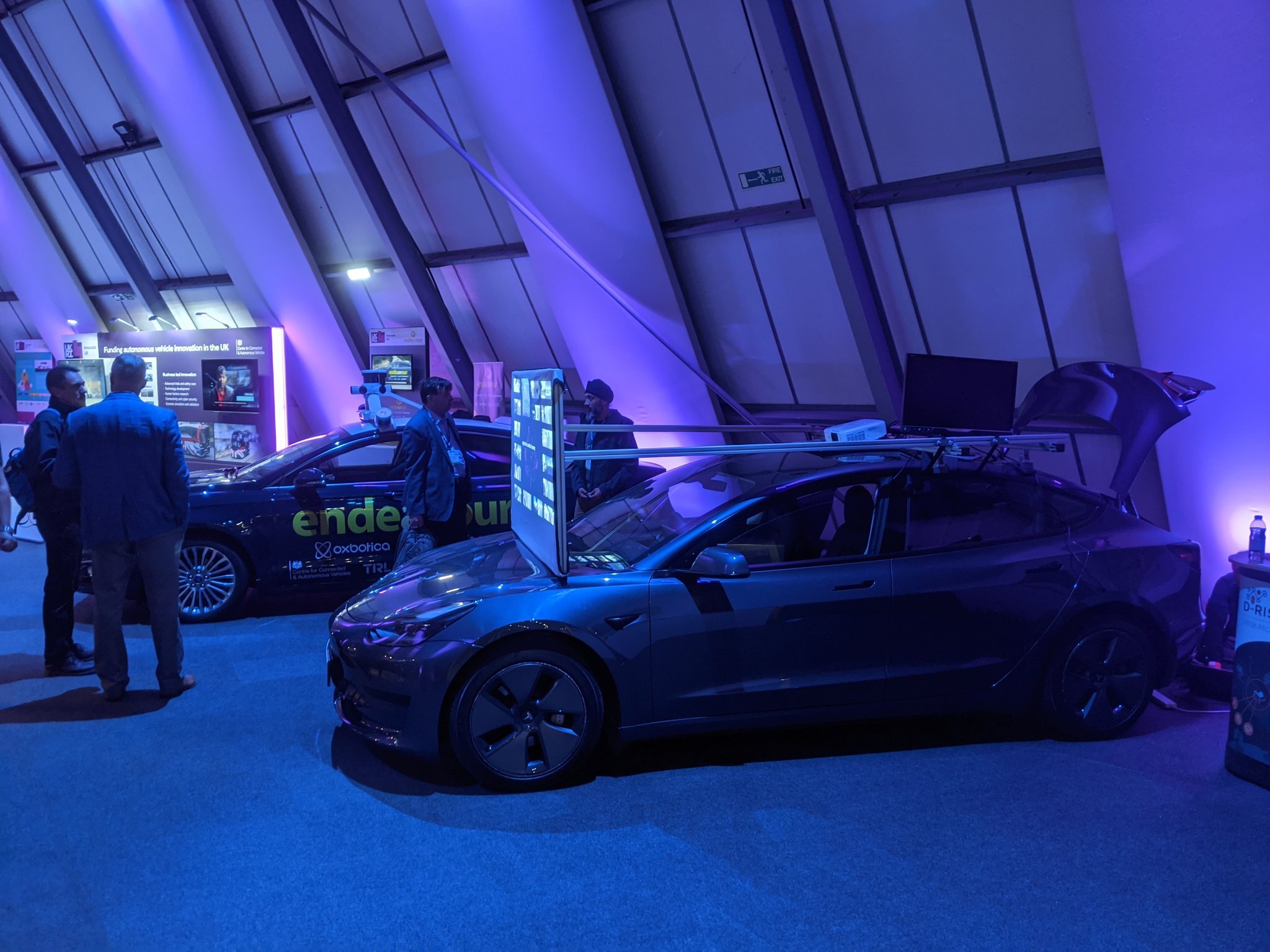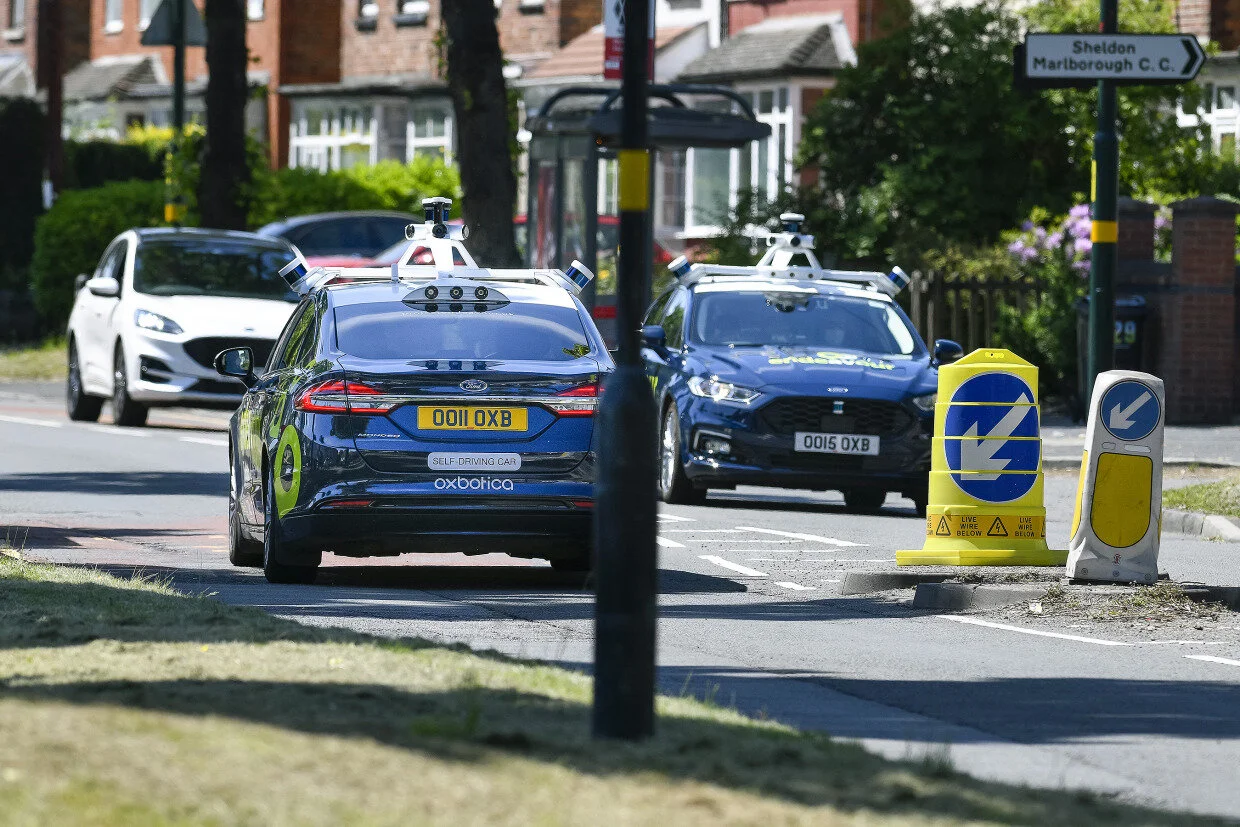In the second of our ‘Countdown to COP26’ series, Head of Research and Service Design, Ed Houghton highlights the importance of behaviour change in delivering on the promises made at COP26…
With COP26 fast approaching, a lot of attention will be on world leaders to make firm commitments on reducing emissions to limit the effects of climate change. And whilst many announcements will centre on the benefits of new technologies, such as electric vehicles on our roads, or heat pumps in our homes, many observers might not recognise that the key component in delivering all of these is public behaviour. Whilst behaviour may be implicit in climate change conversations, to create real action, COP26 must make explicit the important role behaviour change will play in the journey to reducing carbon emissions.
The value of behaviour change interventions in reducing emissions is clear. Work published by the UK’s Climate Change Committee highlights that 62% of the UK’s net-zero goals have a behaviour component. This means that it’s not simply a case of “build it and they will come” – the logic can’t be “install electric vehicle charge points and they’ll be used.” The knowledge, motivations and behaviours of the public also play a critical role. To create lasting change, world leaders will need to support the public to shed old, damaging behaviours, and adopt new, more sustainable ones.
The case for action is increasingly apparent. This summer, record-breaking floods in China’s Shanxi province displaced nearly two million people. Across the Mediterranean, record-breaking summer heatwaves caused numerous wildfires. These events are signalling that climate change is already underway, and these examples will no doubt be part of the conversation at this week’s summit. But too often, these events are seen as separate or disconnected from the day-to-day lives of citizens. This is one challenge that policy makers and civic leaders will need to overcome.
Persuading individuals that their actions can make a difference
Although many Britons now say they are concerned about climate change, many feel powerless to make a difference. This is a huge challenge. To shift public behaviour, we must look at what the public can do, and show them that their actions really can make a difference. This is why the conversations at COP26 must permeate far beyond the “four walls” of Glasgow’s SEC and make clear what actions key institutions, such as local authorities and big business can take.
One important outcome must be that climate change is framed as a long-game, but it consists of short- and medium-term actions – we should focus on future gains over short-term pain. Doing this can be hard: thinking about sustainability as longer-term time horizons can make meaningful action harder to visualise and deliver on. As the COVID-19 pandemic has highlighted, people often live in the immediate, and in crises find it difficult to look further ahead. As the climate crisis unfolds, this will become even more difficult, which is why action is needed today.
For local authorities, their attention will be on what the UK government commits to, and the extent to which their own strategies and priorities can be aligned to meet these targets. As major institutions, local authorities have the insights and access to communities that can make a real difference. They must play a central role in leading their communities towards adopting the best net-zero behaviours.
What this looks like in practice will differ according to the context and people’s needs. For example, the behaviour barriers to improving recycling rates will be different to the barriers to improving uptake of electric vehicles. Another positive outcome of COP26 will be leadership as to where to focus effort and where to invest resources.
Evidence-based behavioural change
Finally, if climate action is to result from COP26, leaders must make use of real evidence showing what works and doesn’t work in tackling climate change through behaviour change interventions. There is a wealth of evidence, including work by the Behavioural Insights Team, that highlights the behavioural nudges that can lead to real world changes – whether they’re nudges to help the uptake of electric vehicles, through to communications campaigns to improve recycling rates. Evidence of what works is out there, and at COP26, leaders should look to highlight what works today as well as make bold and ambitious statements about the future.
It is clear that COP26 comes at a crucial point and will rightly demand the world’s attention. World leaders have a unique opportunity to define collective action for the benefit of the climate – and define what collective responsibility looks like for nations and communities across the world. But to make collective action a reality, leaders must make clear the important role individuals play, and the potential they have to positively influence the way our climate is adapting around us.












